
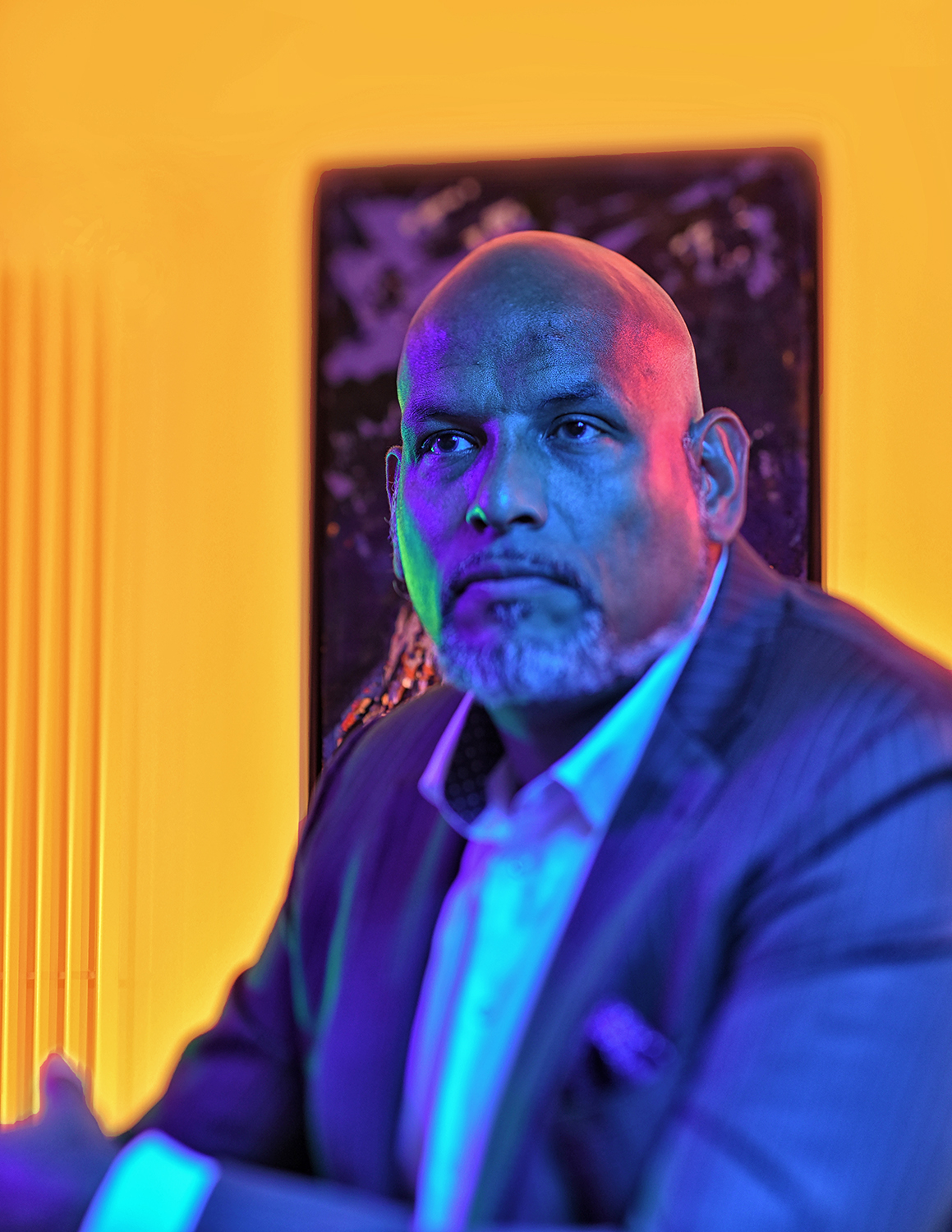
“Be prepared... to do your job better than your peers, be prepared to code switch to a degree that will feel uncomfortable, to the extent that when you get home you’re not just taking off your suit, you’re taking off a straight-jacket.”
“Be judicious as there are some organisations who are better than others, but be ready to vote with your feet and that takes planning.”
“I say this because most organisations are simply just not where they need to be, for you to be you.”
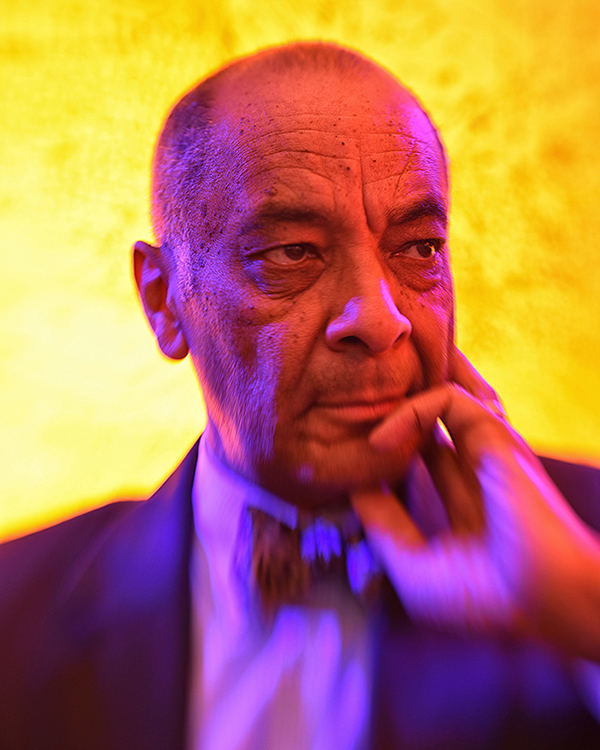
“Avoid the label curse. Focus on being the best at what you do, don’t make an issue of race and don’t let anyone else make an issue of it either.”
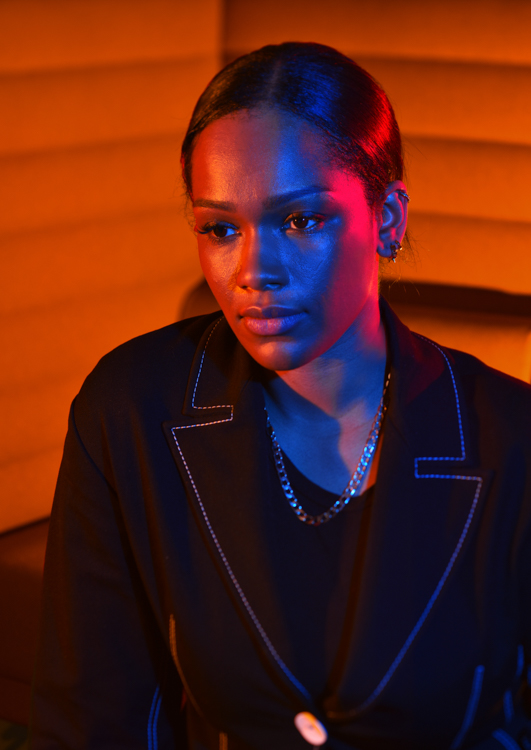
“When you feel that people are treating you in a certain way because of race or gender, if you get your back up you will end up doing exactly what they expect of you, then it becomes a defensive loop and the cycle never ends. In this context being colourbrave involves finding a way to rise above the loop.
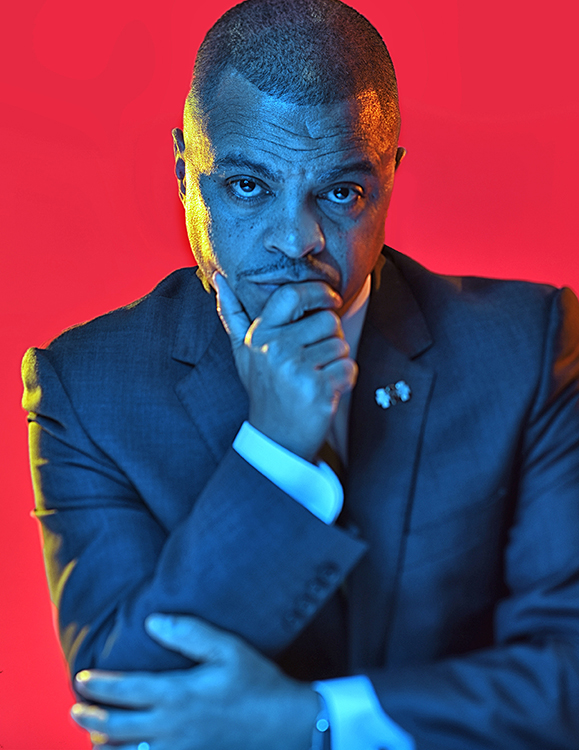
To be colourbrave …“Is the ability to be our natural authentic selves in all the spaces we occupy. I struggle with the term colourblind, it is a myth and a lie, perpetuated by people in positions of power as part of the game that is played when jostling for position and maneuvering for advantage.”

“Colourbrave, it’s about moving through the world and not being defined through the eyes of the majority and not being dictated by others perceptions”.
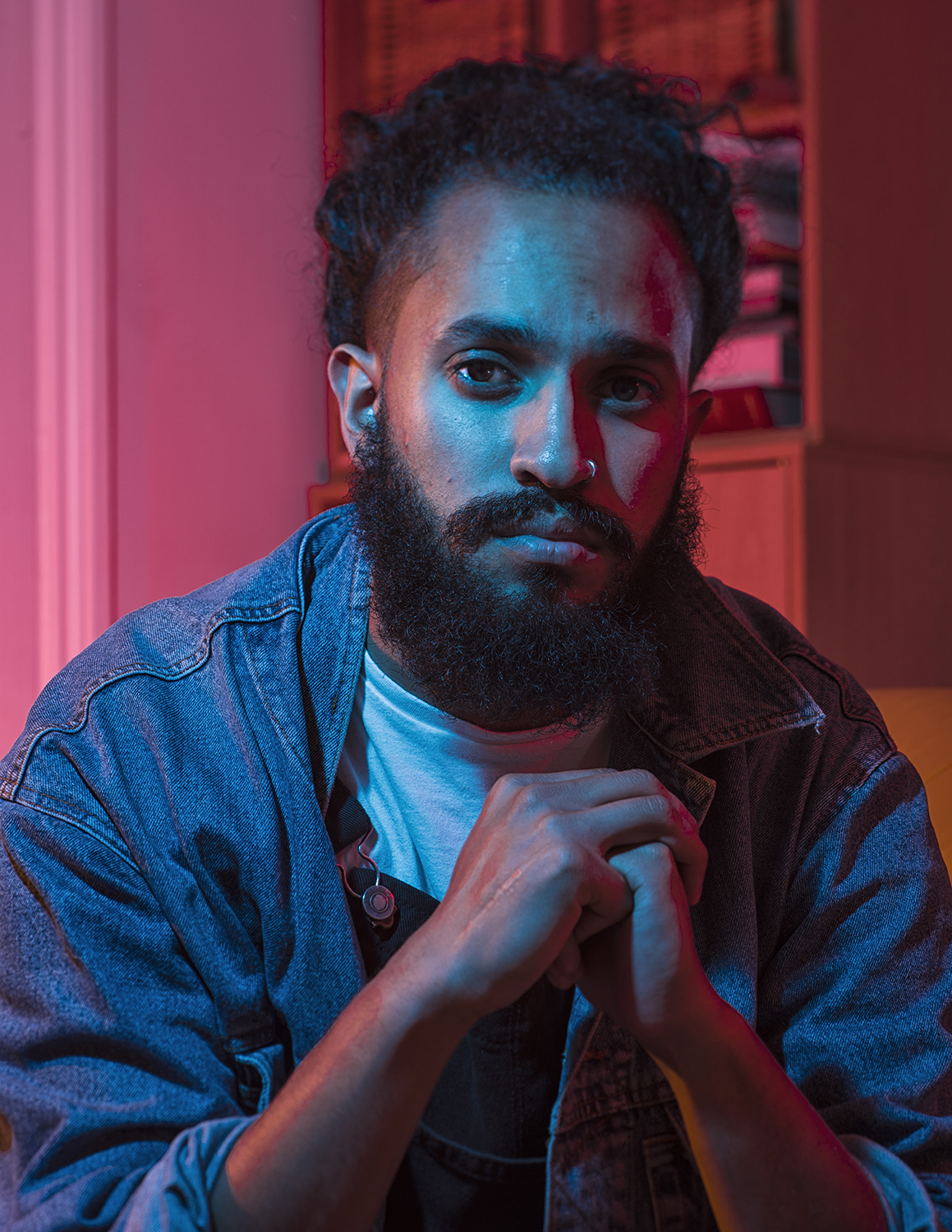
Youth Activist / Facilitator
text to follow
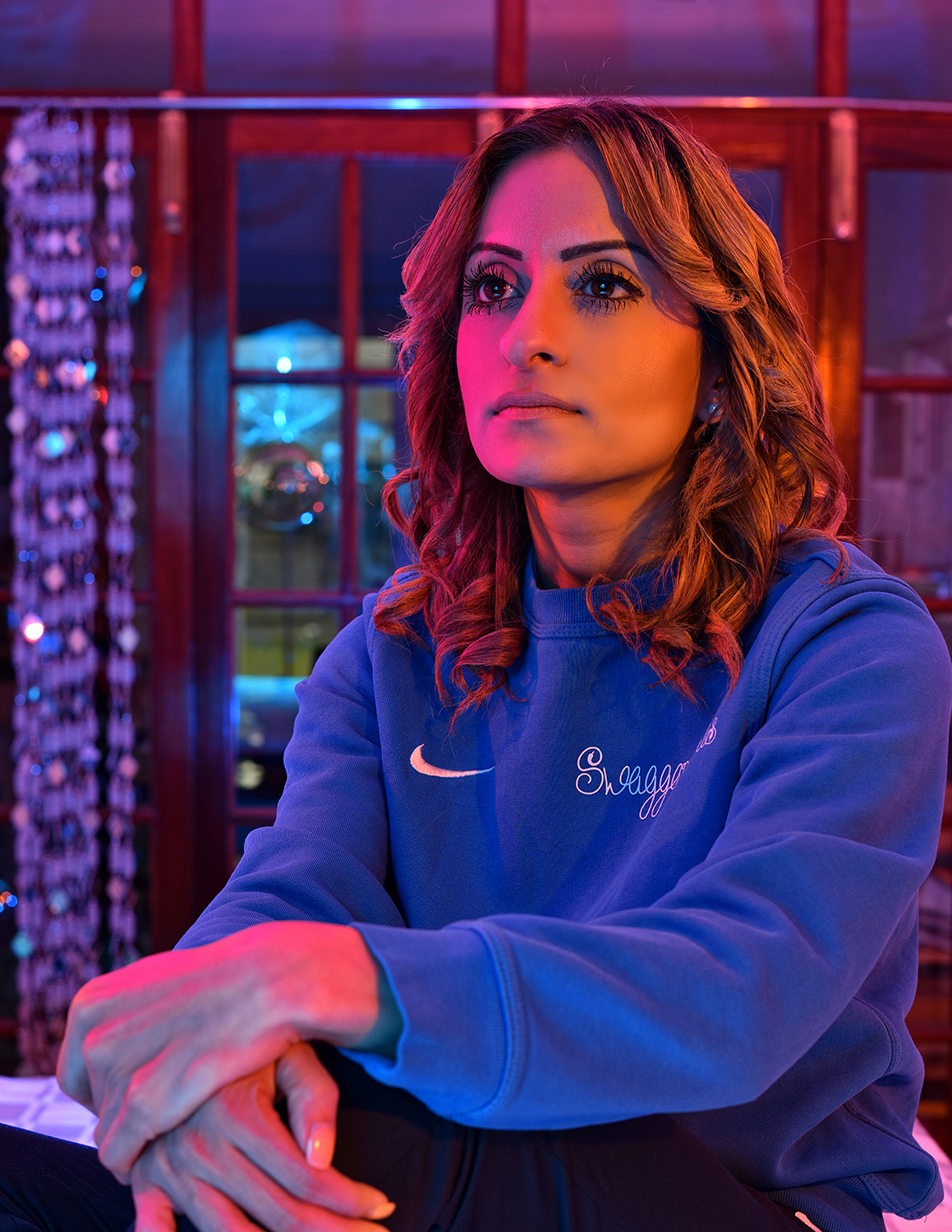
“Being Colourbrave is about being resilient and persistent to overcome adversity and inequality in the footballing environment. You gotta show grit or you’ll get eaten alive, especially at the elite coaching level as I find in my sector people often can’t see beyond colour or gender”.
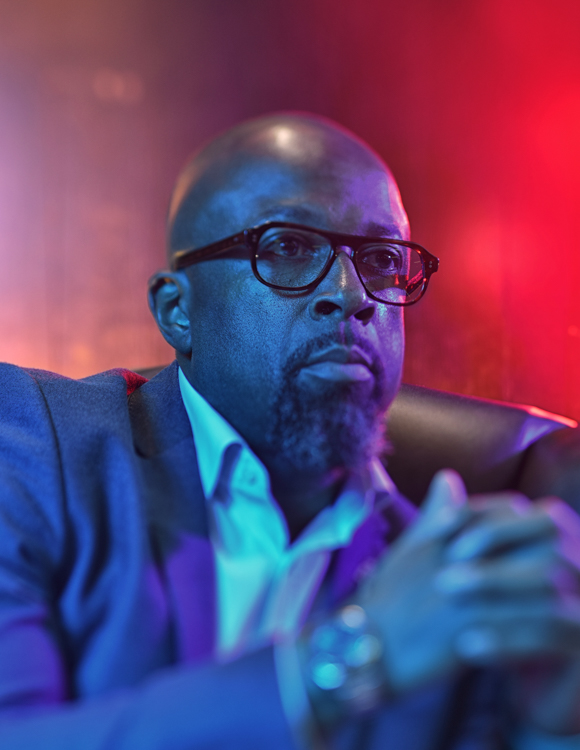
“There is a very fine balance between IQ and EQ. Your intelligence and the education you have will only get you so far. Then one needs to start focusing on EQ and paying attention to relationships around the business with peers and leaders. Self-awareness is probably the most powerful tool you can have to progress your careers; because once you know how you show up then you’ll be able to navigate the winding road to progressing your career in the corporate world.”
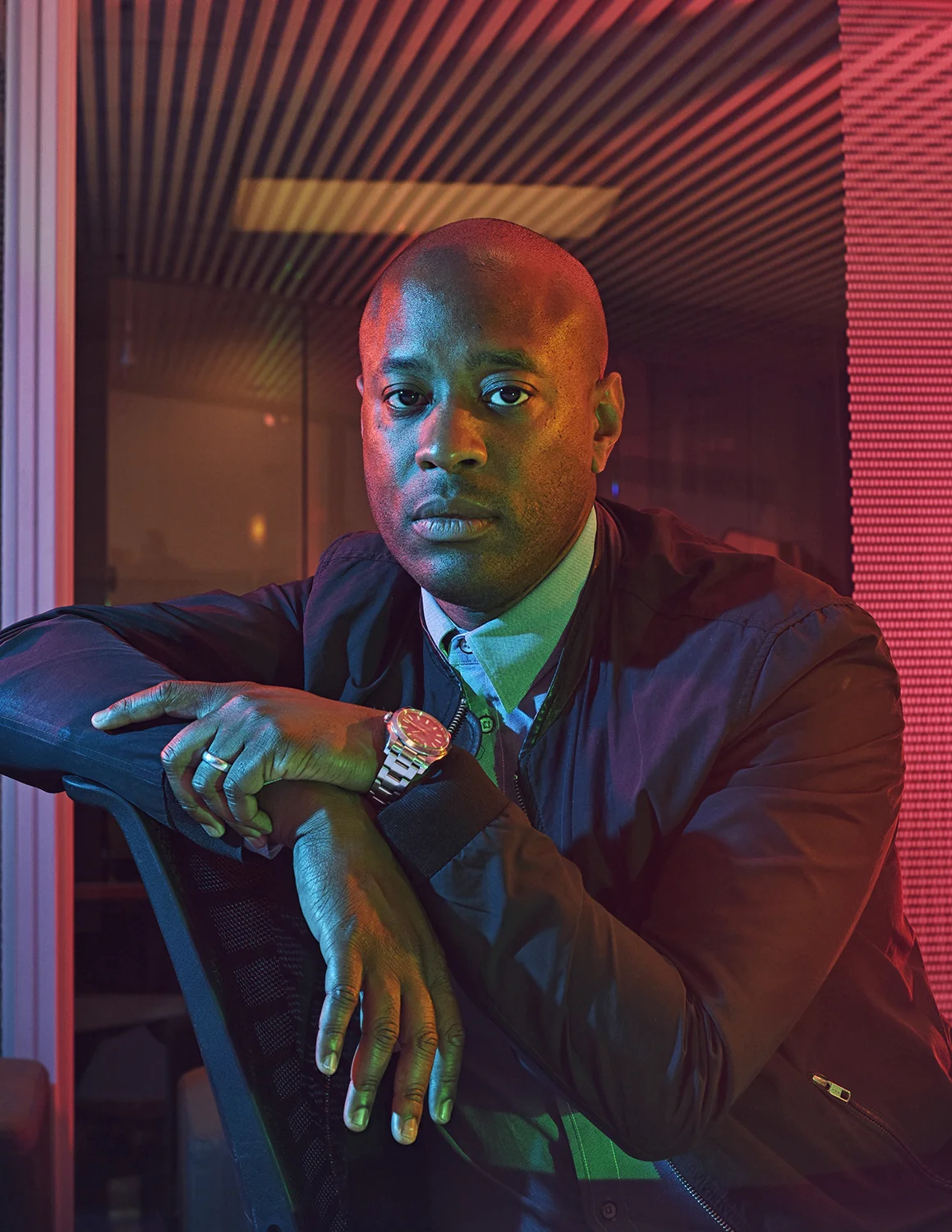
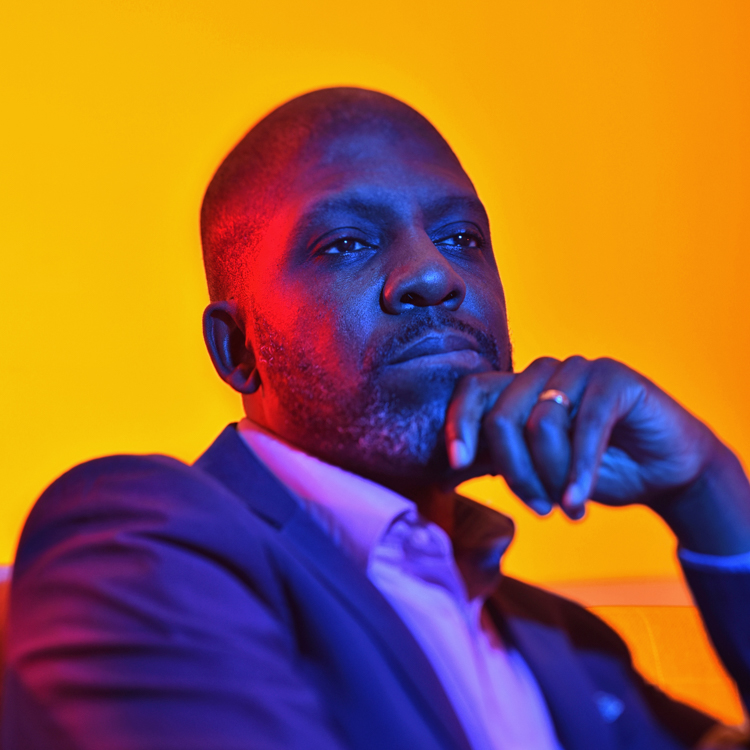
“Being colourbrave is about being able to accept people regardless of their skin tone; yet also being able to speak up for people who may feel their voice is not being heard or are absent. Being colourblind, with the best intentions, is a weak response people have when under pressure on the topic of race, and one that should be challenged”.
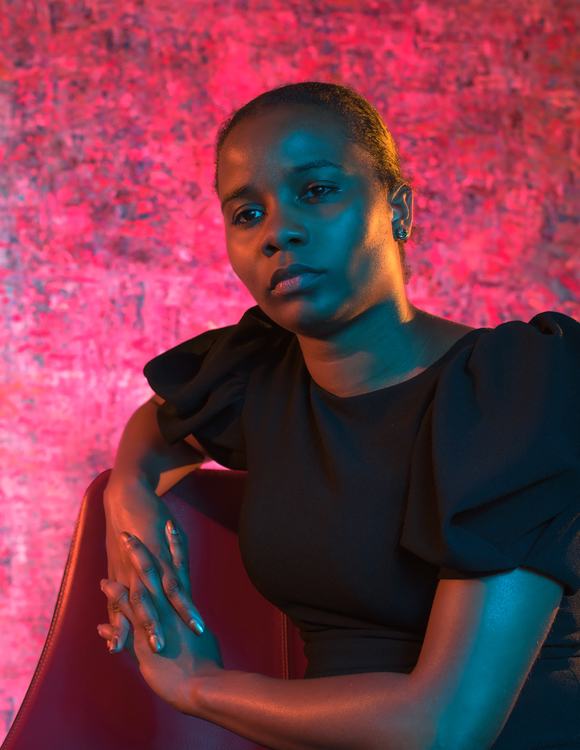
“We must find ways to have difficult conversations, it may be uncomfortable but nothing ever changed from staying in the comfort zone”.
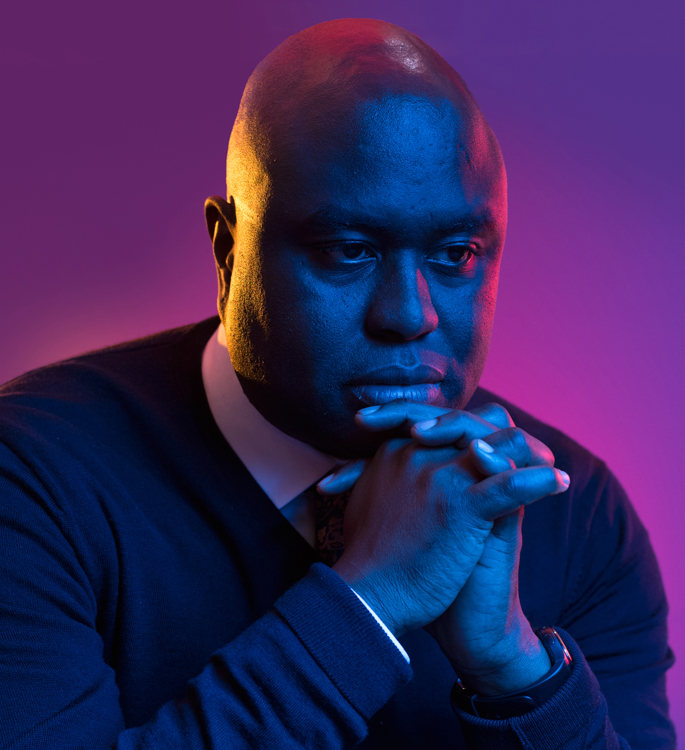
“Honesty is the key, be honest with yourself, ask questions about things which are unfamiliar and things you don’t understand. Be willing to find out about the others journey, where they are coming from, embrace their uniqueness and acknowledge their truth”.
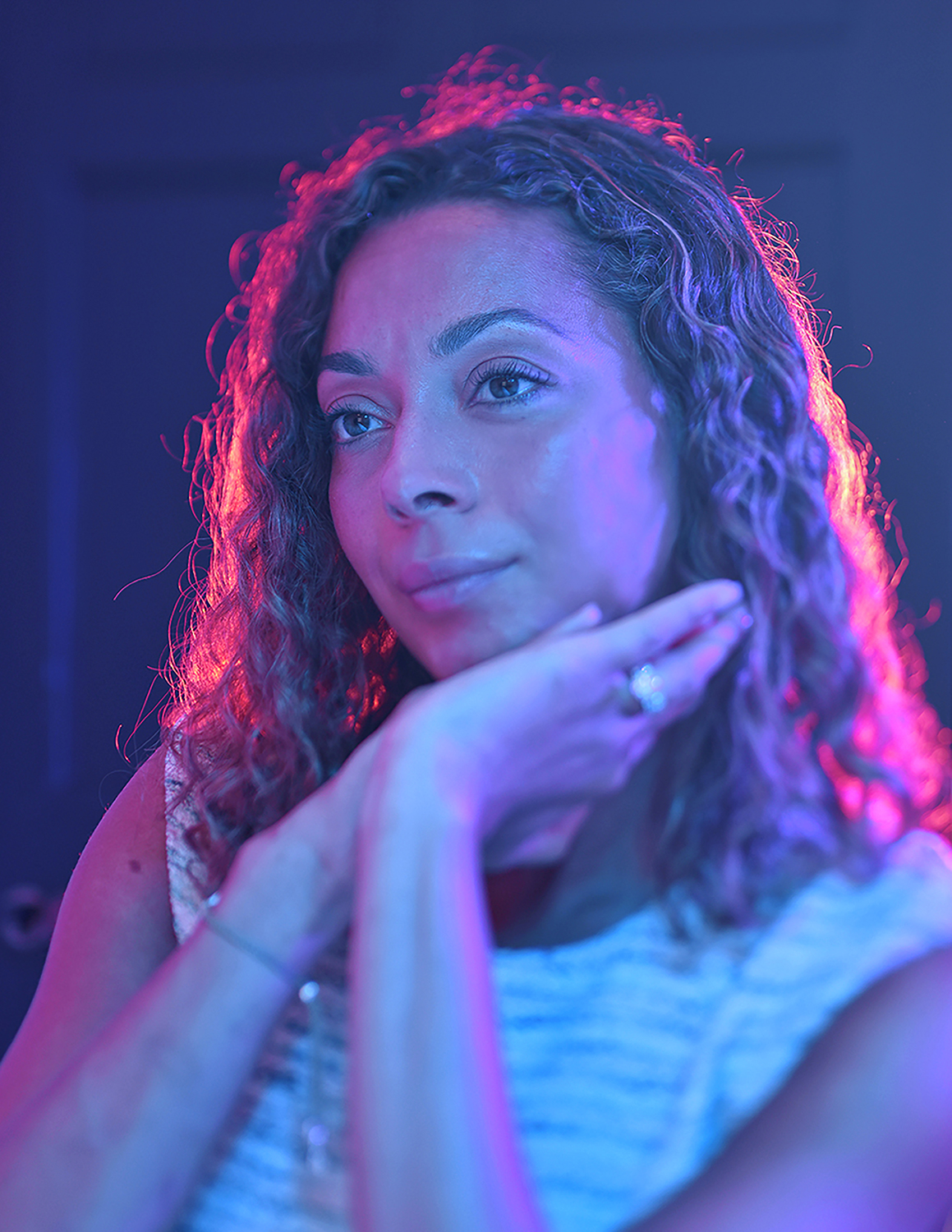
“I would take the leaders most resistant and cynical and ask them, is it the idea of change which scares you? Then I would create human connections which would allow them to experience the existence and reality of those marginalised and excluded”.

“It’s the everyday boldness to walk out of your house and to face the assault of judgement and faces that tell you, you don’t quite fit. It’s to walk around recognising that just your hue is antagonising for some people.”
From the non-minority perspective,“It’s the willingness to open yourself up to at least a fraction of that experience.”
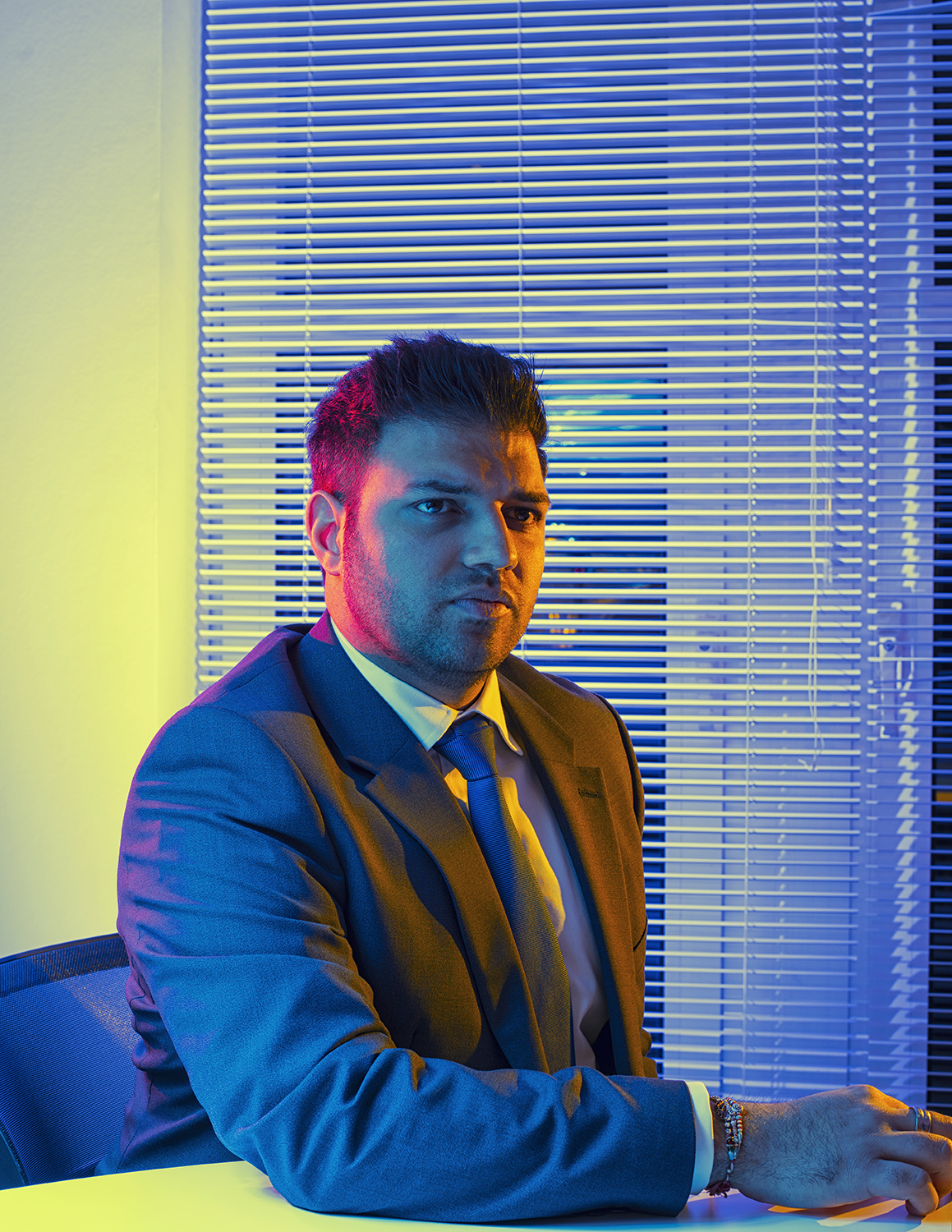
“It’s about being savvy and understanding everyone else’s perspective, being aware of context and tempering your arguments to the audience. I would say, it’s being Coloursmart!”
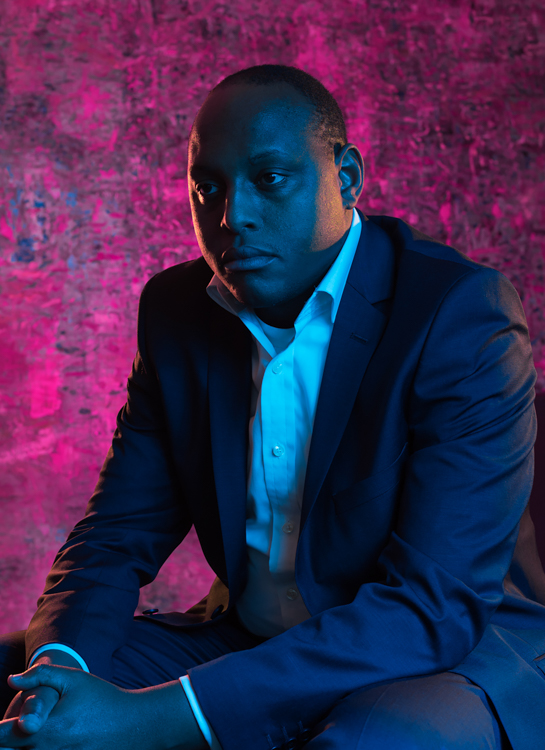
“If you look ahead and don’t see your kind you may begin to think is this the right place for me. Being colourbrave is about asking, ‘why is this so?’ and ‘what can we do to change this?’
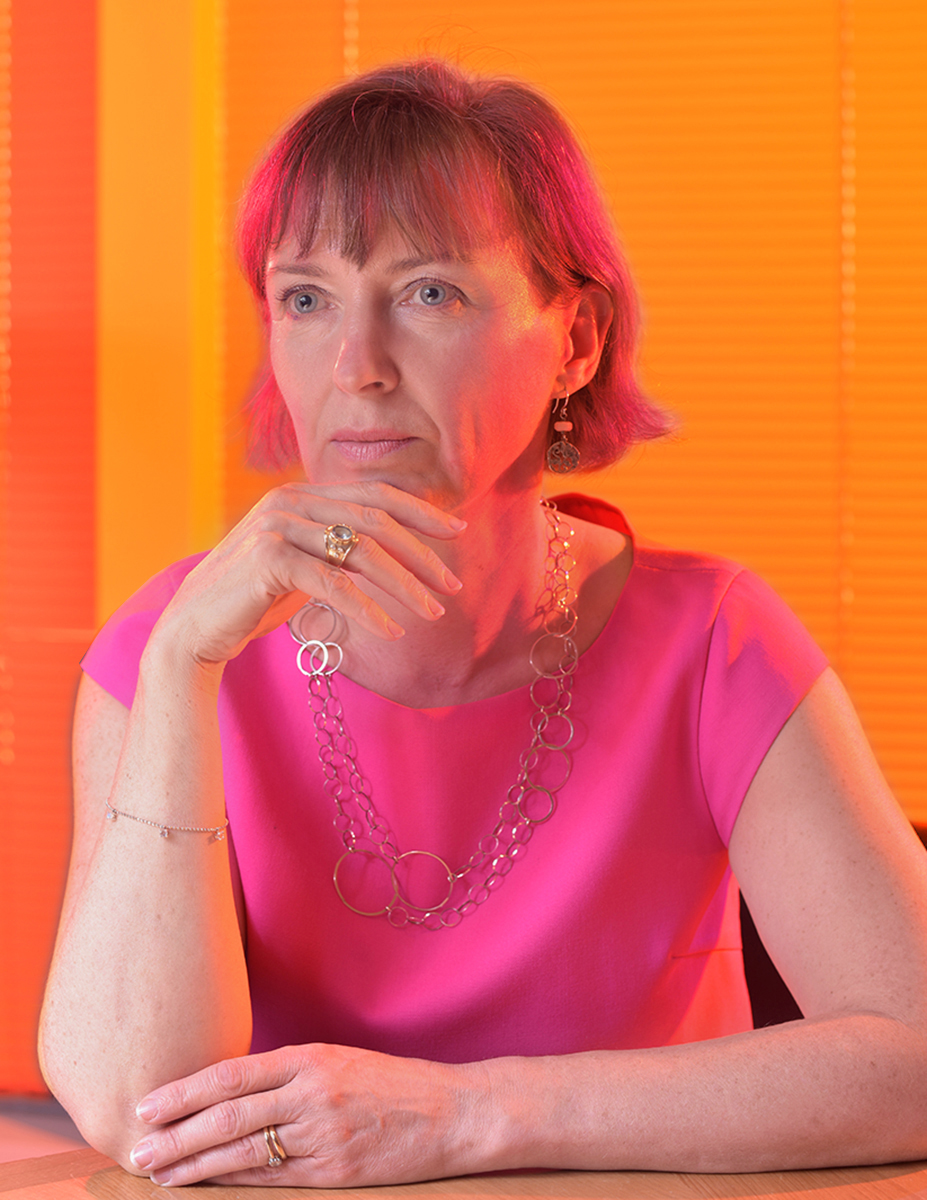
"We need to tackle bias in society to make progress on ethnicity in the workplace. Within organisations, I would make every leader personally accountable for D&I outcomes in their teams and support them with a reverse mentoring programme”.
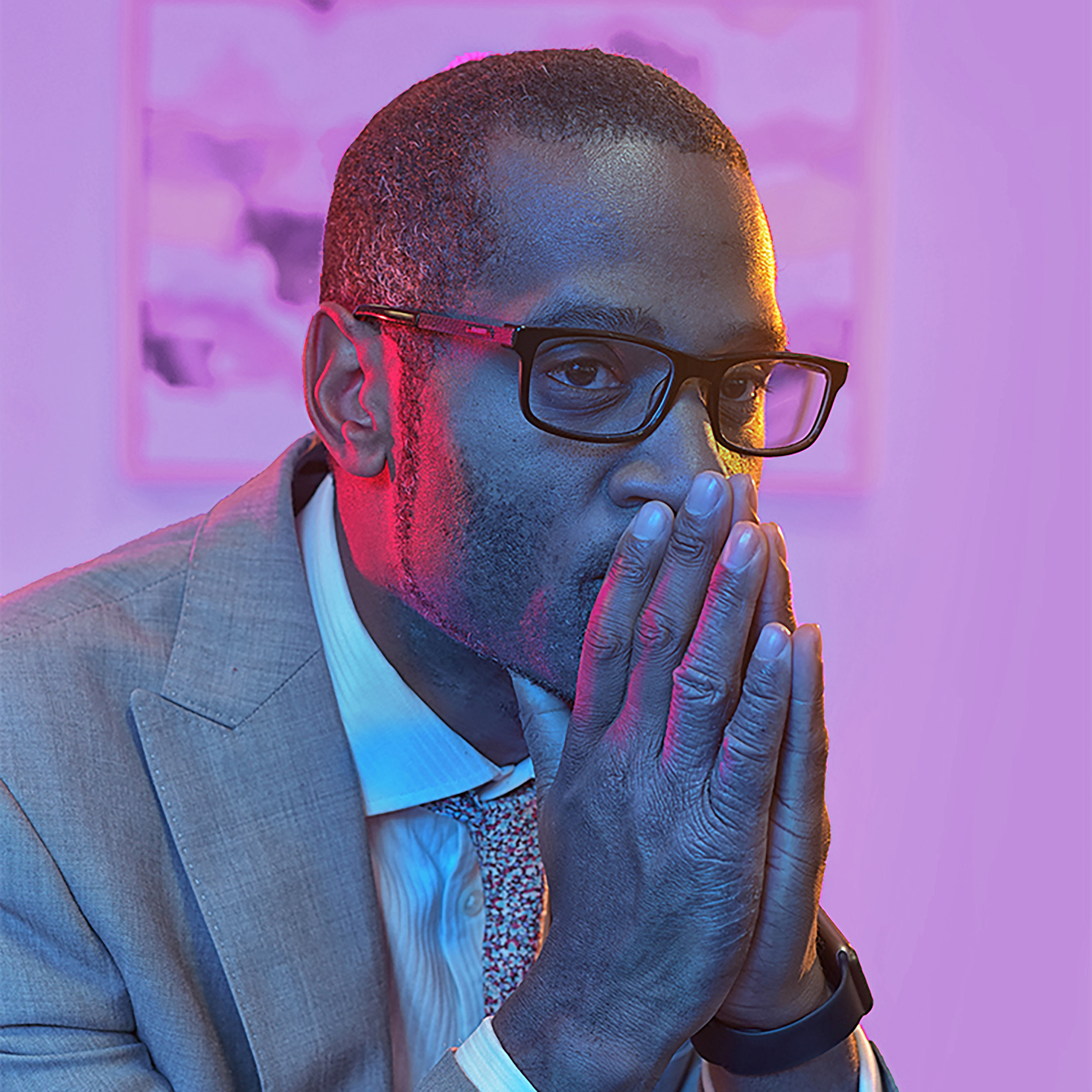
"I believe the vast majority of people have positive intent! This must be embraced by allowing others' to make mistakes and offend us, assume the positive intent of wanting to understand and to get to somewhere that is better.“
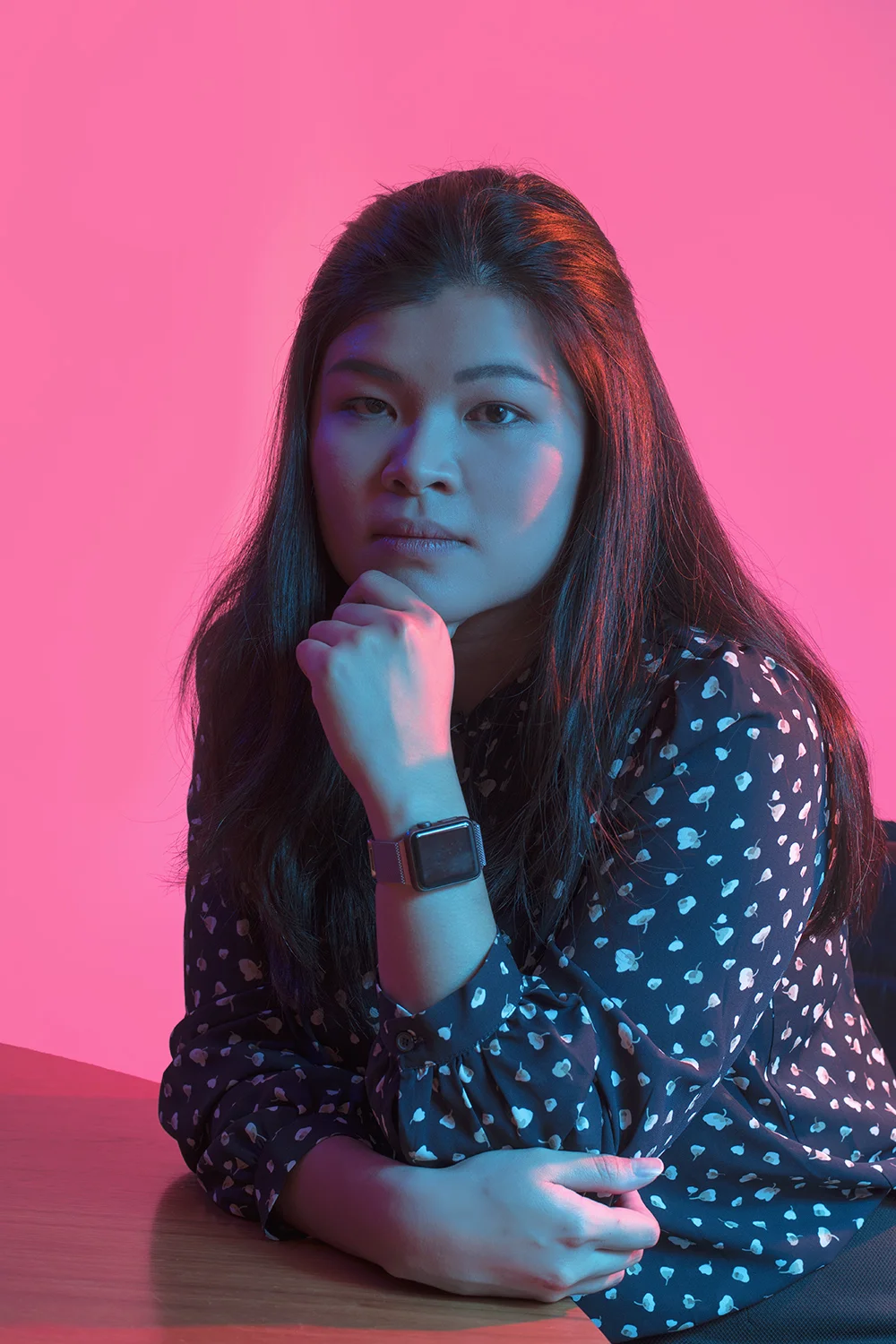
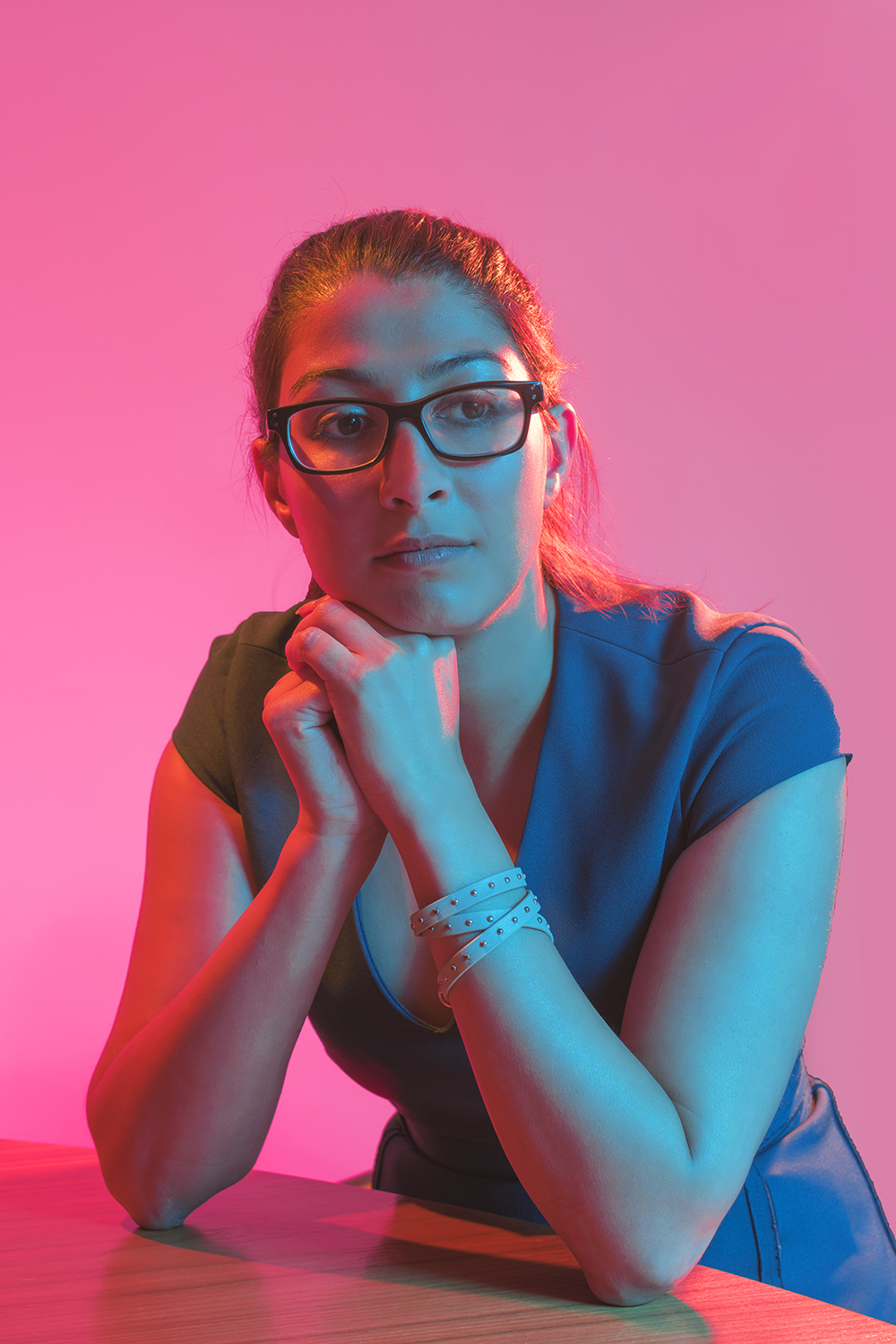
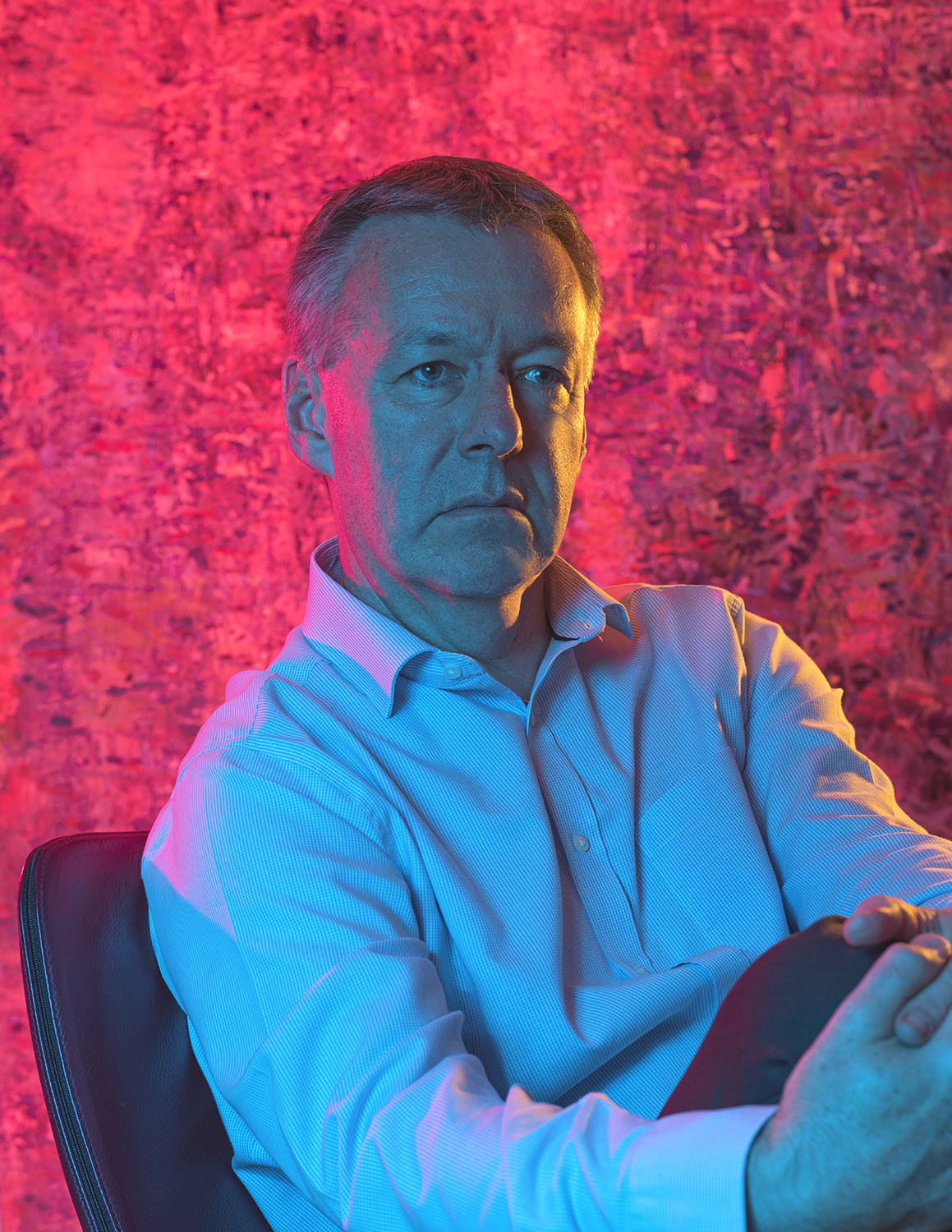
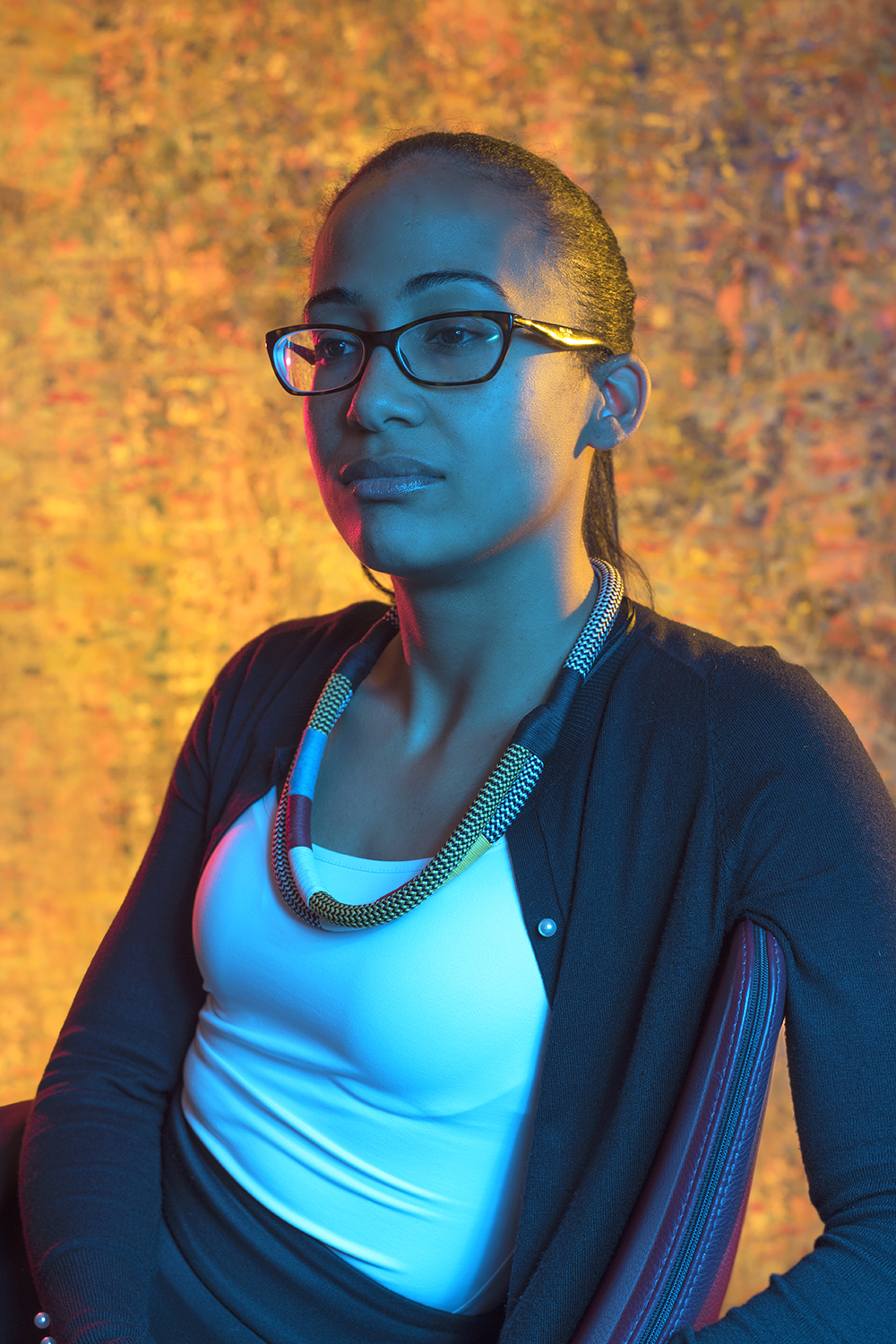
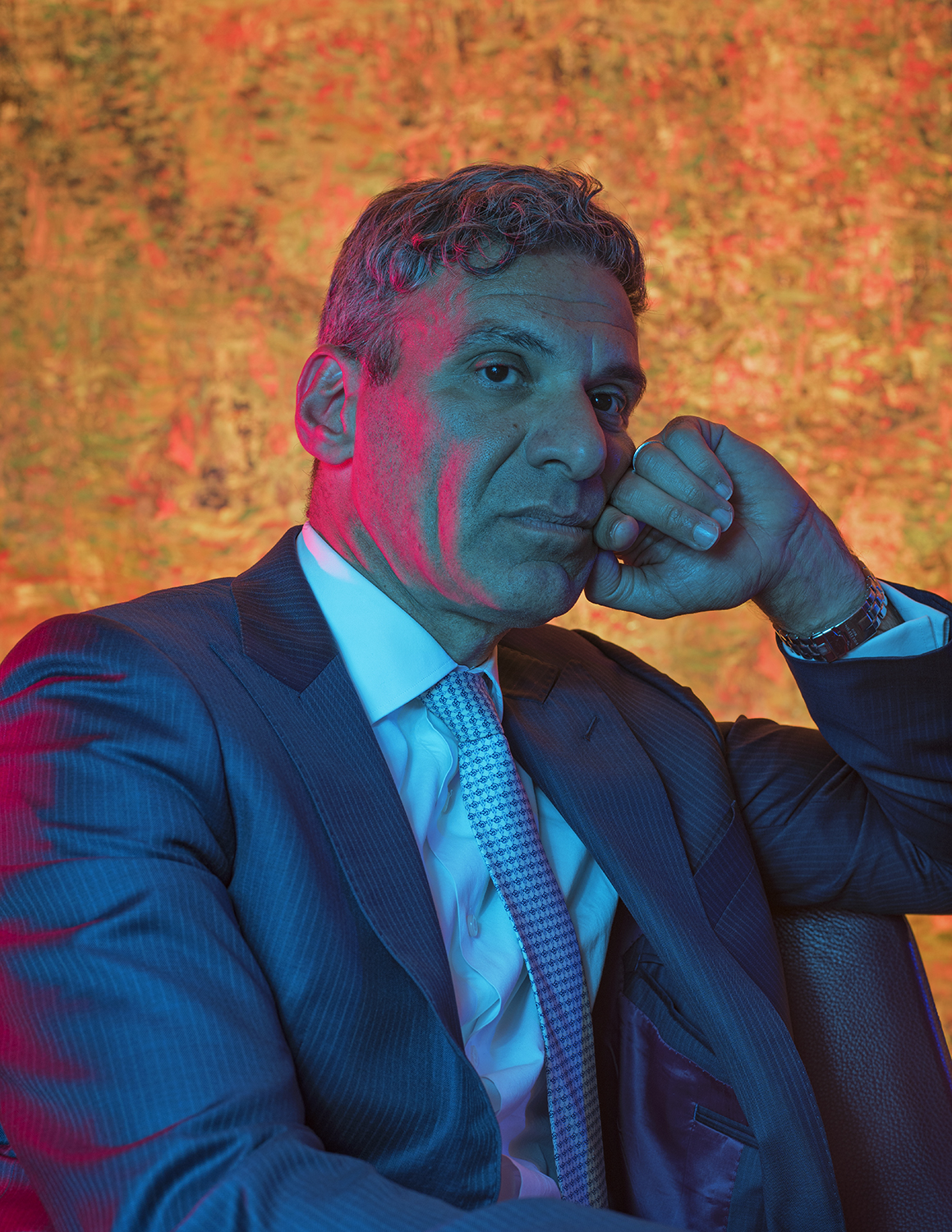
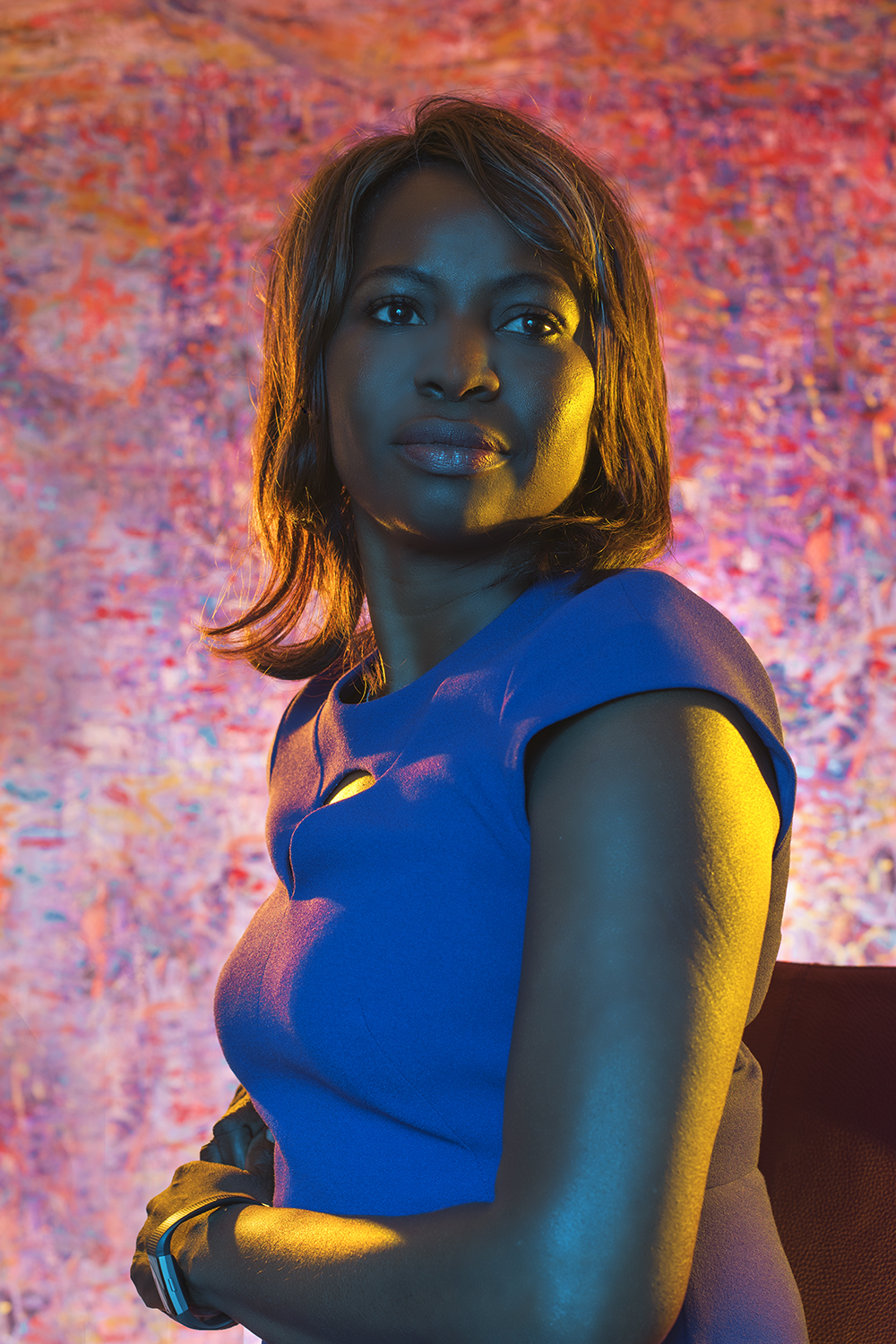
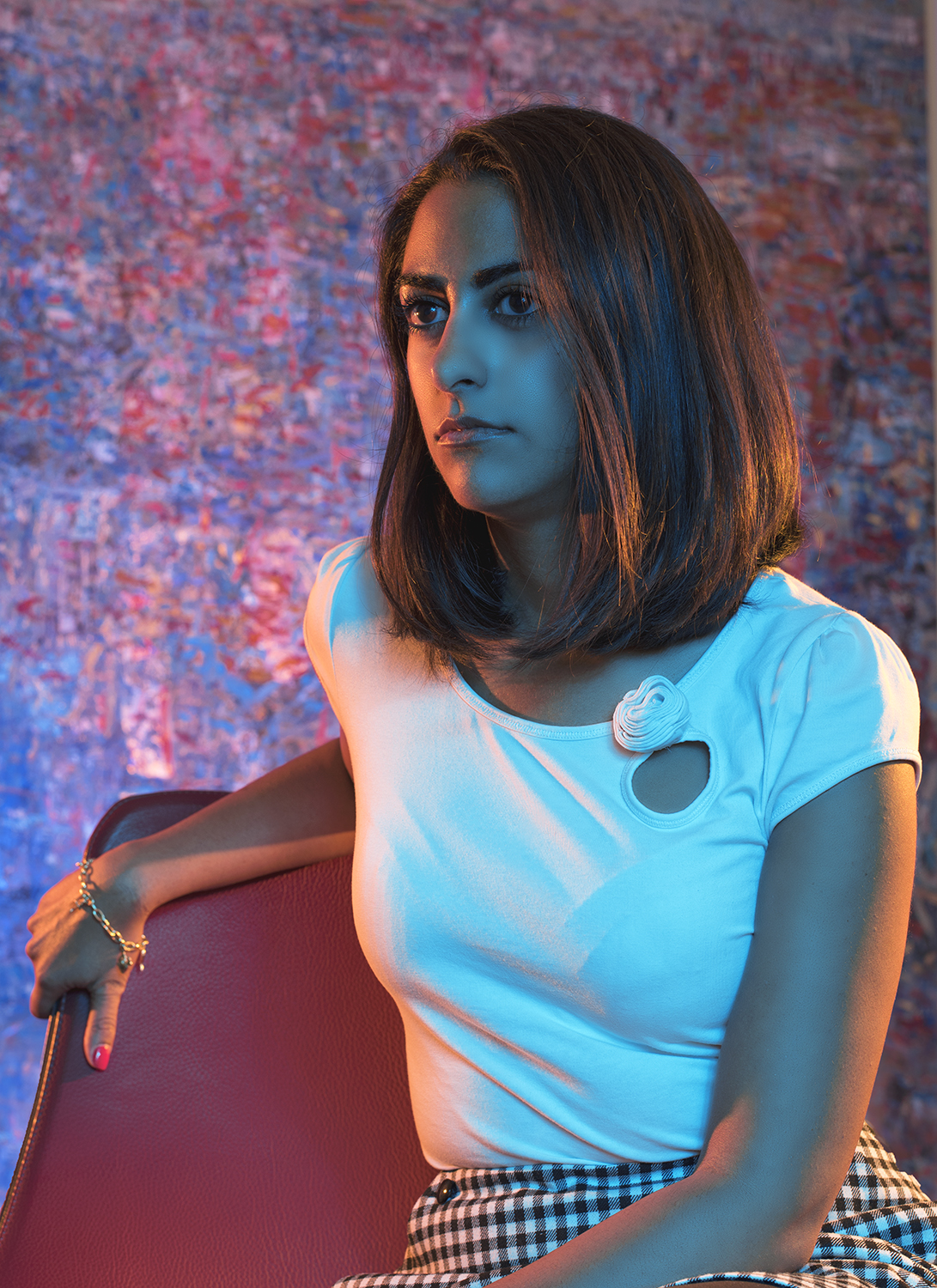
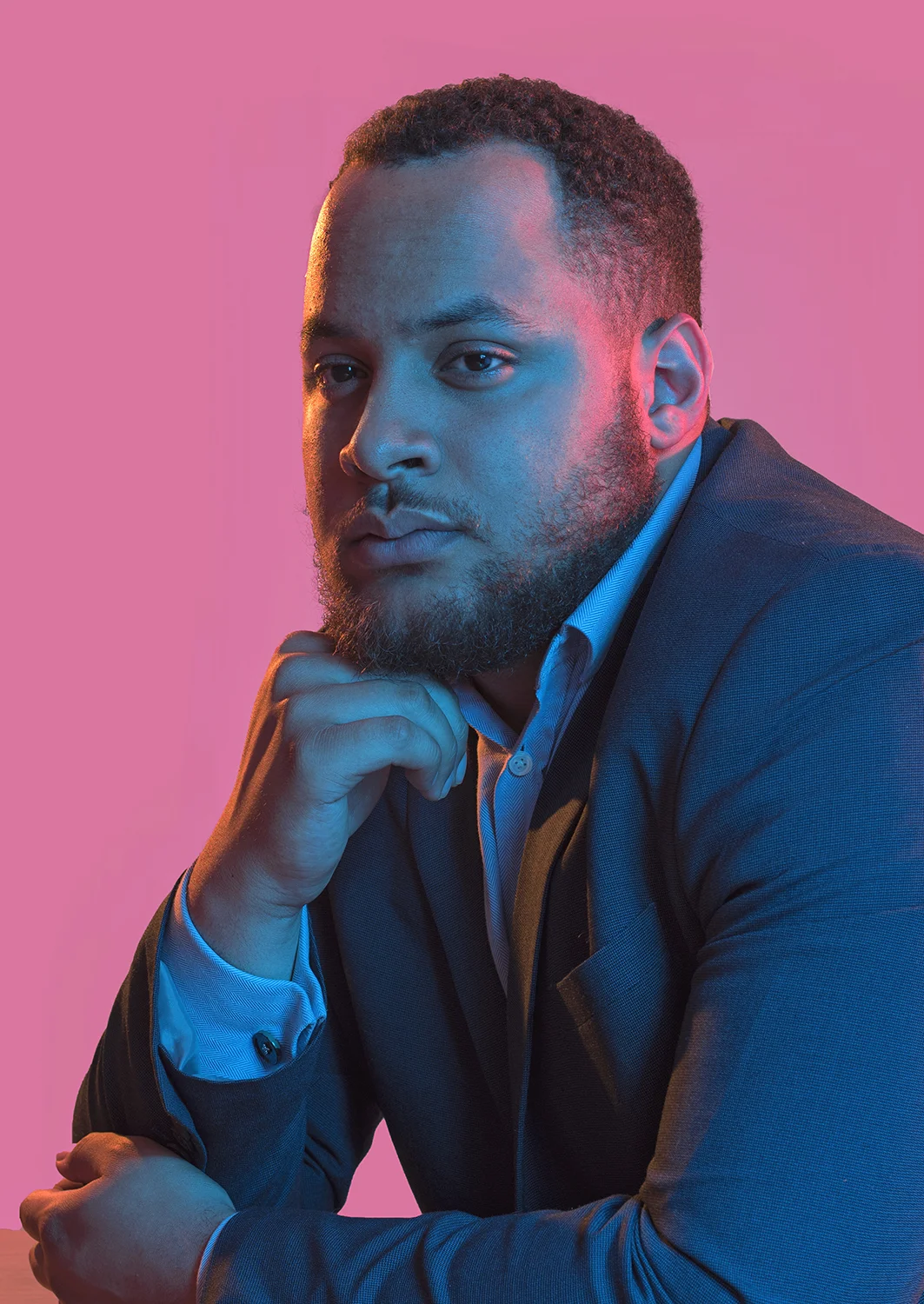
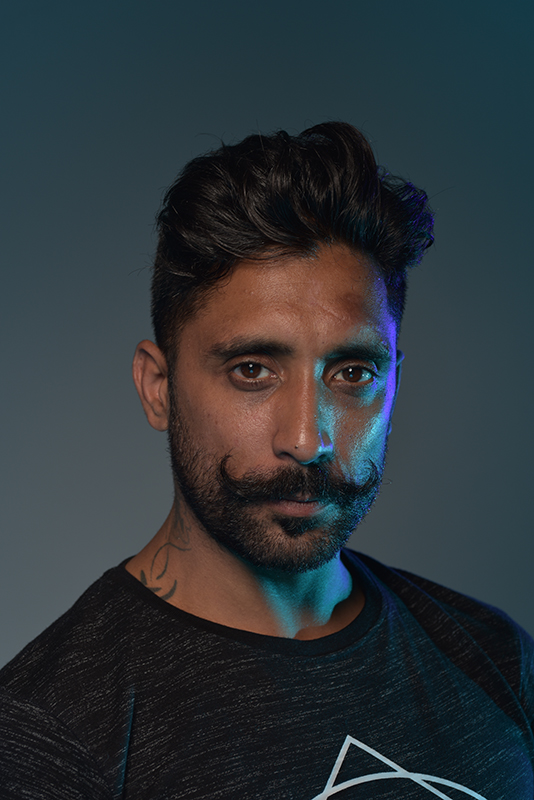






























“Be prepared... to do your job better than your peers, be prepared to code switch to a degree that will feel uncomfortable, to the extent that when you get home you’re not just taking off your suit, you’re taking off a straight-jacket.”
“Be judicious as there are some organisations who are better than others, but be ready to vote with your feet and that takes planning.”
“I say this because most organisations are simply just not where they need to be, for you to be you.”
“Avoid the label curse. Focus on being the best at what you do, don’t make an issue of race and don’t let anyone else make an issue of it either.”
“When you feel that people are treating you in a certain way because of race or gender, if you get your back up you will end up doing exactly what they expect of you, then it becomes a defensive loop and the cycle never ends. In this context being colourbrave involves finding a way to rise above the loop.
To be colourbrave …“Is the ability to be our natural authentic selves in all the spaces we occupy. I struggle with the term colourblind, it is a myth and a lie, perpetuated by people in positions of power as part of the game that is played when jostling for position and maneuvering for advantage.”
“Colourbrave, it’s about moving through the world and not being defined through the eyes of the majority and not being dictated by others perceptions”.
Youth Activist / Facilitator
text to follow
“Being Colourbrave is about being resilient and persistent to overcome adversity and inequality in the footballing environment. You gotta show grit or you’ll get eaten alive, especially at the elite coaching level as I find in my sector people often can’t see beyond colour or gender”.
“There is a very fine balance between IQ and EQ. Your intelligence and the education you have will only get you so far. Then one needs to start focusing on EQ and paying attention to relationships around the business with peers and leaders. Self-awareness is probably the most powerful tool you can have to progress your careers; because once you know how you show up then you’ll be able to navigate the winding road to progressing your career in the corporate world.”
“Being colourbrave is about being able to accept people regardless of their skin tone; yet also being able to speak up for people who may feel their voice is not being heard or are absent. Being colourblind, with the best intentions, is a weak response people have when under pressure on the topic of race, and one that should be challenged”.
“We must find ways to have difficult conversations, it may be uncomfortable but nothing ever changed from staying in the comfort zone”.
“Honesty is the key, be honest with yourself, ask questions about things which are unfamiliar and things you don’t understand. Be willing to find out about the others journey, where they are coming from, embrace their uniqueness and acknowledge their truth”.
“I would take the leaders most resistant and cynical and ask them, is it the idea of change which scares you? Then I would create human connections which would allow them to experience the existence and reality of those marginalised and excluded”.
“It’s the everyday boldness to walk out of your house and to face the assault of judgement and faces that tell you, you don’t quite fit. It’s to walk around recognising that just your hue is antagonising for some people.”
From the non-minority perspective,“It’s the willingness to open yourself up to at least a fraction of that experience.”
“It’s about being savvy and understanding everyone else’s perspective, being aware of context and tempering your arguments to the audience. I would say, it’s being Coloursmart!”
“If you look ahead and don’t see your kind you may begin to think is this the right place for me. Being colourbrave is about asking, ‘why is this so?’ and ‘what can we do to change this?’
"We need to tackle bias in society to make progress on ethnicity in the workplace. Within organisations, I would make every leader personally accountable for D&I outcomes in their teams and support them with a reverse mentoring programme”.
"I believe the vast majority of people have positive intent! This must be embraced by allowing others' to make mistakes and offend us, assume the positive intent of wanting to understand and to get to somewhere that is better.“